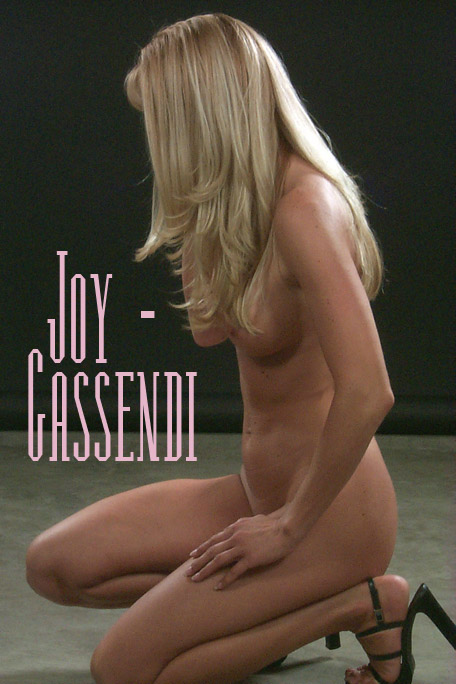|
Lynn Sumida Joy: Gassendi the Atomist – Advocate of History in an Age of Science (Cambridge University Press, 1987) Instead of relying on a false dichotomy between historical and humanist methods vs. the direct study of nature, she should take 17the century philosophers at their word. Descartes and Bacon et al. did not distinguish their method from Gassendi’s approach when they advocated and practiced the observation and measurement of natural phenomena. Their model of the sort of philosophizing they did not wish to do was the metaphysical syllogizing of the mediaeval schoolmen. Even this did not constitute the sort of choice between alternatives that Joy hypothesizes. Whatever may have been the case among classical philosophers, the prevailing philosophical tradition, namely scholasticism, did not practice an alternative method for studying nature. Rather, scholasticism had no method at all. As Bacon observed, there simply was no natural philosophy or science during the Dark Ages (though his observation should be qualified by remarking that alchemy was an underappreciated stab at natural science). An intriguing attempt to practice science scholastic style was made by Fortunio Liceti with an “Aristotelian” account of perception in terms of moving forms (pp. 114ff.); the strangeness of this theory shows the gap between the new experimental science and scholastic philosophy. There is no opposition between Gassendi and Descartes in the terms Joy imagines. Rather Gassendi the biographer of Epicurus, and Descartes (as well as Gassendi the occasional experimentalist) were simply doing different things that shared at least one goal in the replacement of mediaeval metaphysics with a different apparatus – different types of justification, different reasoning, different methods. Joy uses “history” and “historical study” in several different ways. But her various usages all seem to boil down to two senses. Gassendi practices history when he polls various ancient sources to find the most popular theory of nature. Gassendi also practices history when he examines the arguments of the ancients, somewhat like Bennett examines the arguments of Descartes himself. Equally misleading is Joy’s tootrendybyhalf arrangement of Gassendi on the side of Rortyesque pragmatism and Descartes and Newton on the side of a kind of unyelding objectivism. Let’s get things straight in their terms first and then move carefully to restatement in modern jargon.
|
Willis Domingo

There are naked women and big words inside. If you are under the age of 18, you do not belong here and should leave immediately by clicking here to exit. If you are an adult and do not wish to see erotic images of any kind or if you are simply stupid, click here to exit.

